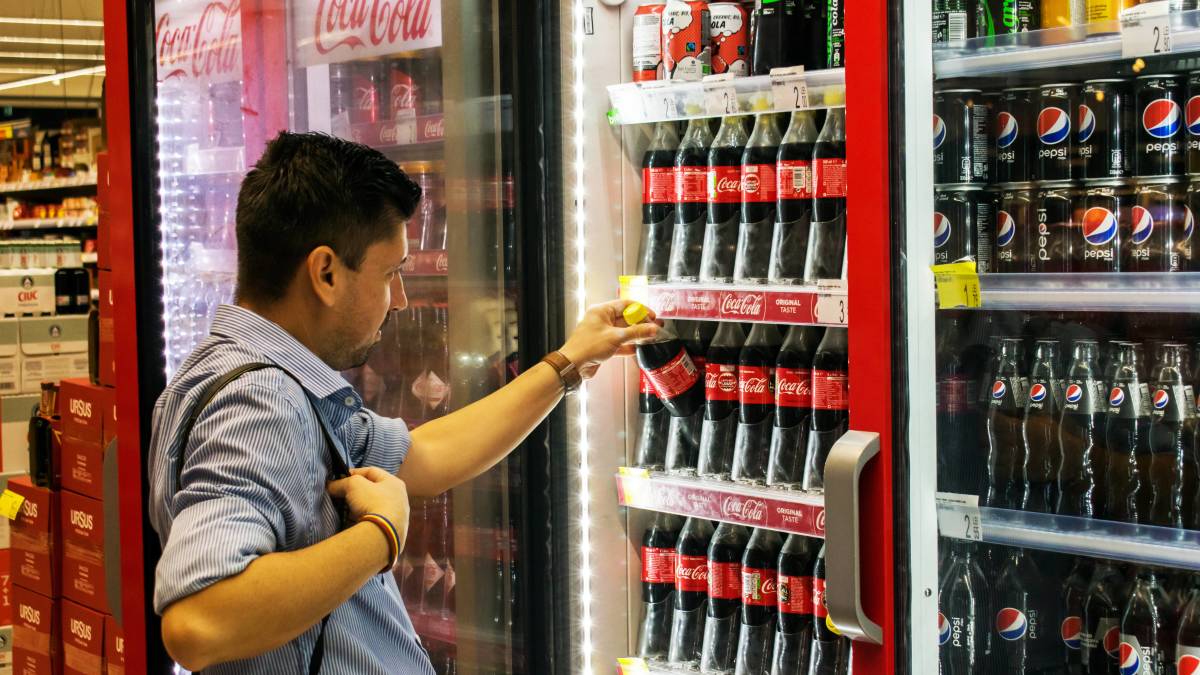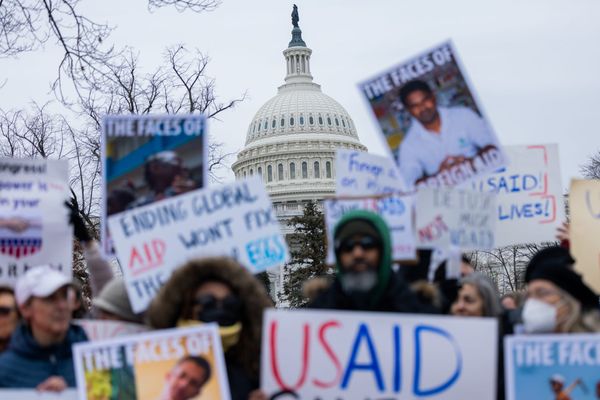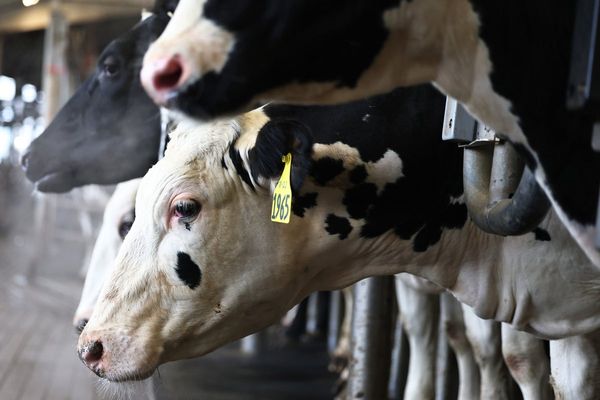
The weight loss drug industry is in full expansion mode in 2023, with huge implications for consumers, the weight-loss sector, and for the big beverage and food brands who may take a hit if dieters take a hard pass on that slice of pizza or that 32-ounce soda.
In particular, the glucagon-like peptide-1 (GLP-1) weight loss sector, exemplified by diabetes and diet drugs like Ozempic and Wegovy, is on a hot streak. This week, JP Morgan (JPM) -) said the GLP-1 weight loss market is “a $100 billion opportunity” that’s accelerating every year.
Related: Viral Weight Loss Drugs Like Ozempic and Wegovy Sell For $10,000. Here's Why.
"We forecast U.S. sales for the GLP-1 category to exceed $100 billion in annual sales over time, split roughly 50/50 in diabetes and obesity,” said JP Morgan analyst Nicholas Rosato in a new research note s reported by The Wall Street Journal.” Our global market estimate is [more than] $140 billion by 2032.”
That’s a big call, as Morgan Stanley only recently pegged the same market at a significantly lower number.
More Retail:
- ‘Too pretty’ Home Depot worker faces backlash after viral mirror post
- A classic kitchenware brand files for Chapter 11 bankruptcy
- Who’s running The Gap? With no CEO, retailer hurtles toward crisis
“Social media activity documenting transformative weight loss, together with the establishment of affordable insurance coverage more quickly than anticipated, has helped drive demand for obesity medicines beyond our expectations,” said Mark Purcell, Morgan Stanley European Biopharmaceuticals analyst in a September research note. “While supply constraints have capped sales growth in the near term, the global obesity market could go from a $2.4 billion category in 2022 to reach $77 billion in 2030, up from our previous estimate for a $54 billion.”
Wherever the GLP-1 weight loss sector lands in value, one side effect investors may have wondered about – the impact on food and drink companies that depend on salty snacks and sugary drinks for revenues – may be justified but with some interesting caveats.
That after JP Morgan analysts said the impact of weight loss drugs like Ozempic on high-calorie foods and drinks is “real and potentially not small." Morgan analysts pointed to a recent Numerator survey of 500 weight loss drug users who say they’re pivoting to high-protein, high-produce diets over binging on high-calorie foods and sugary drinks.
Some food and beverage retailers may escape the weight loss drug frenzy, mostly due to savvy product management that began years ago.
Coca-Cola (KO) -), for example, is “relatively more insulated” from consumer diet choices given that 80% of its beverage sales are overseas and that the vast majority of its top beverages have sugar-free options, JP Morgan stated. Another long-time consumer beverage company, Keurig Dr. Pepper, should also sail clear of significant revenue damage as its exposure to sugar-laden drinks is limited, the research note said.
Time will tell if Ozempic-using dieters take a more aggressive stance on imbibing high-calorie food and drinks.
For some big-brand consumer beverage companies, such a move may not slim down revenues as much as investors may have thought.
Get exclusive access to portfolio managers and their proven investing strategies with Real Money Pro. Get started now.







